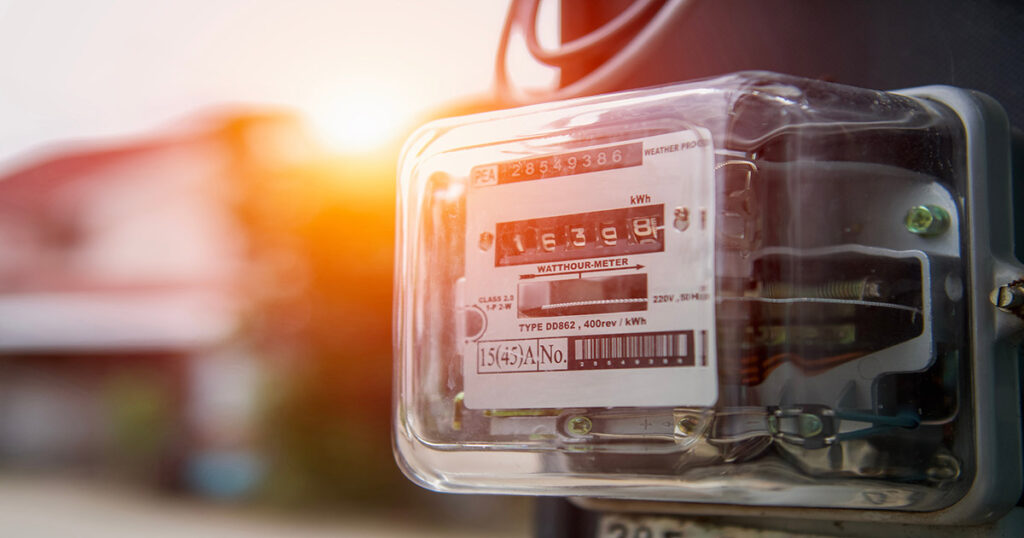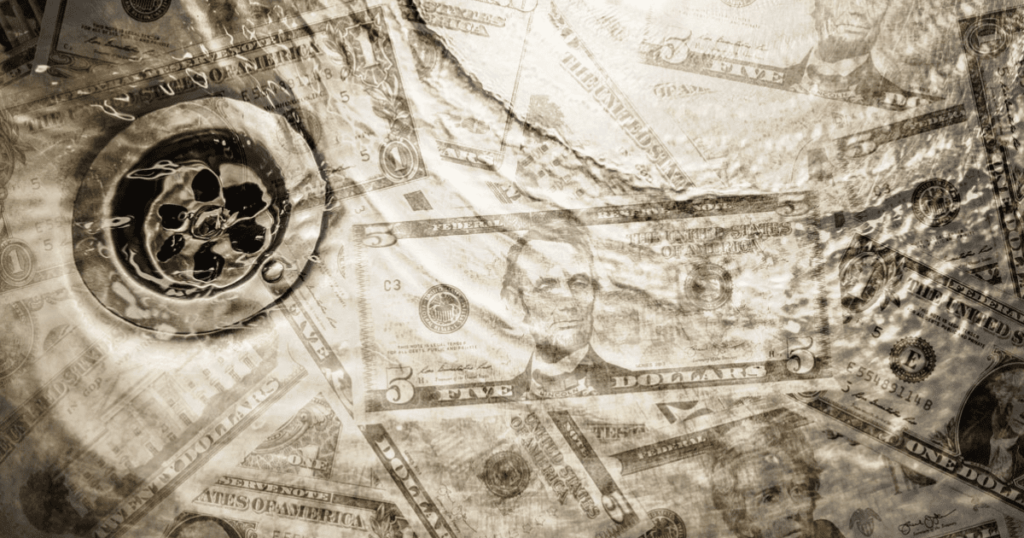Near the end of 2022, the U.S. Energy Information Administration forecasted that by the end of 2023, Americans would see a nearly 16% increase in electricity prices from those in 2020. While this increase, along with other areas of economic inflation, has continued, there are ways to be proactive in reducing your home’s energy bills.
One of the few ways homeowners can regain some semblance of control and power (pun intended) of their utility usage is to first understand how the systems in their homes are impacting it. Within each category of home utilities, there could be ways to change your home habits to improve your utility usage and therefore reduce your overall energy expenses. Not only will this utility audit save dollars, consider it a gift to the planet as well.
Water + Sewer
Whether you look for ways to shorten your showers or reduce baths, consider using less water. Only running appliances like the dishwasher and washing machine when there is a full load may not seem like a big savings, but it is a habit that, over time, could save you money. Also make sure you aren’t leaving faucets dripping. Every six months or so, be sure to do a dye test on your toilets to make sure the tank or bowl doesn’t have a leak. If you are feeling especially handy, try installing a low-flow shower head or faucet.
Natural Gas + Electricity
When it comes to understanding your gas and electricity usage and the systems you have in place at home, there are a few good rules of thumb to consider. To start, make sure you are only heating or cooling your home when you are there. If you can adjust your thermostat even a few degrees when no one is home, there will be a savings on energy used. Additionally, have a system in place to change your home’s air filters regularly. Several companies now offer home delivery and subscription services on filters to help remind you to change them on a certain time schedule. “Vampire” appliances like coffee makers, phone chargers, and computer cords are also continuously using energy and should be unplugged when not in use. Finally, using less hot water for handwashing dishes, running the dishwasher and washing machine less frequently, and keeping an eye on the amount of hot water used for showers and baths can all help to lower your bill.
Garbage + Recycling; Cable, Phone, and Internet
While technically not “energy” utilities, when you are examining other utilities, it might be a good idea to check in with your home systems for waste removal as well as your home cable, phone, and internet provider. If your area has multiple vendors for each service, call or go online to see if you are getting the best price. In addition, where can you cut back? If you aren’t using or filling your trash receptacles weekly, is there a step-down tier that costs less? Can you cut the cord from cable and landline use and stream only?
It may seem negligible to make such small changes to your home utility usage habits. However, the everyday choices you make really do add up when it comes to how much water, sewage, natural gas, and electricity you use.




